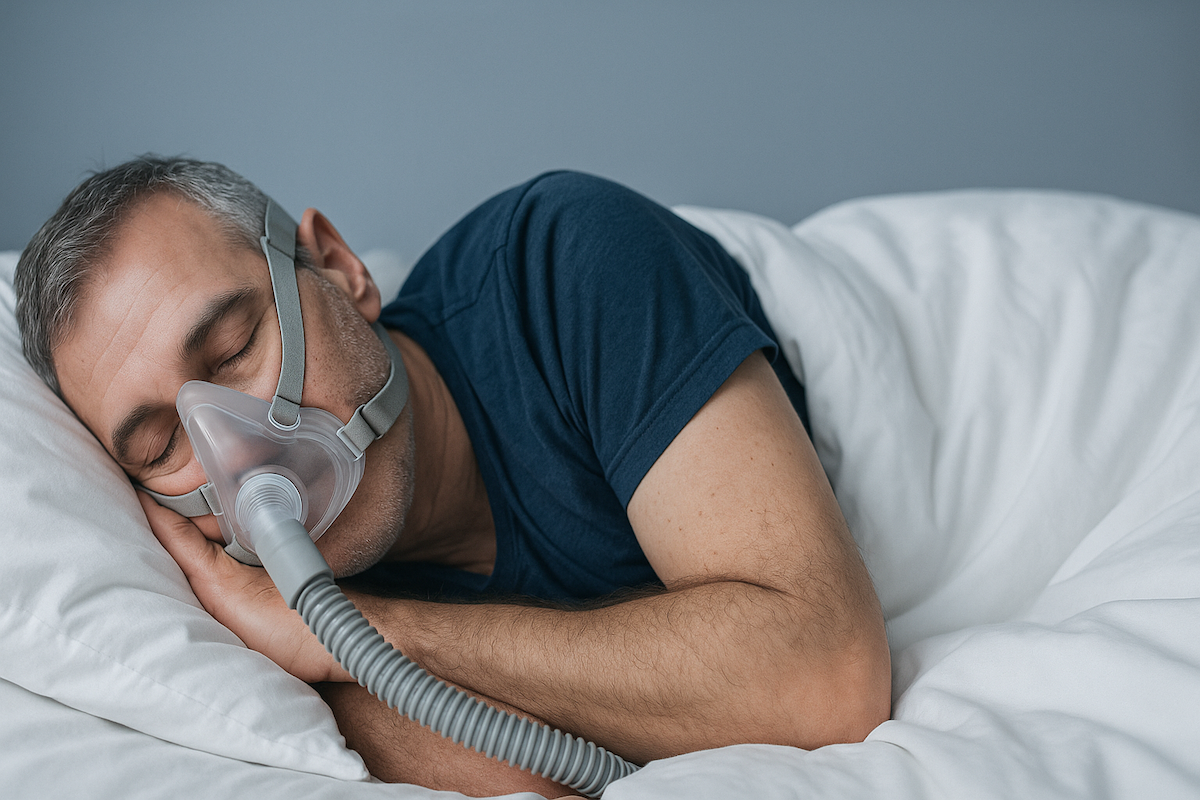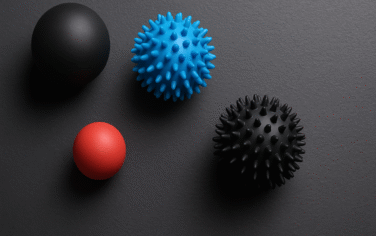Sleep apnea is a common yet potentially serious sleep disorder that affects millions of people globally, including a significant portion of the Australian population. Characterised by repeated interruptions in breathing during sleep, sleep apnea not only affects sleep quality but can also have severe long-term health consequences if left untreated.
What is Sleep Apnea?
Sleep apnea occurs when the airway becomes partially or completely blocked during sleep, causing breathing to repeatedly stop and start. These pauses in breathing can last from a few seconds to over a minute and may occur hundreds of times a night. The most common form is obstructive sleep apnea (OSA), which is typically caused by the relaxation of throat muscles. Other less common types include central sleep apnea, where the brain fails to send proper signals to the muscles that control breathing, and complex sleep apnea, a combination of both.
How It Manifests
People with sleep apnea often experience loud snoring, gasping or choking during sleep, restless tossing and turning, and frequent waking during the night. However, the individual may not be aware of these symptoms. Daytime manifestations are also significant and include excessive sleepiness, difficulty concentrating, irritability, and morning headaches. Partners or family members are often the first to notice the signs, particularly loud snoring or episodes where breathing seems to stop.
Who is Most at Risk?
While sleep apnea can affect anyone, certain groups are more susceptible. Overweight or obese individuals are at a higher risk due to excess tissue around the airway that can obstruct breathing. Men are more likely to develop sleep apnea than women, although the risk for women increases after menopause. Other risk factors include being over 40 years of age, having a family history of the condition, smoking, alcohol consumption, and nasal congestion.
Children can also develop sleep apnea, often due to enlarged tonsils or adenoids, but this is less common and usually identified through symptoms such as bedwetting, hyperactivity, or behavioural problems. If you think you may be dealing with sleep apnea, you can take online assessments to find out.
Sleep apnea products and treatments
Thankfully, sleep apnea is a treatable condition with loads of sleep apnea products on the market. The most effective and widely prescribed treatment is Continuous Positive Airway Pressure (CPAP) therapy. A CPAP sleep apnea machine delivers a steady stream of air through a sleep mask for sleep apnea to keep the airway open during sleep. Though it can take some adjustment, CPAP significantly reduces symptoms and improves sleep quality, and you can grab a sleep apnea machine at Chemist Warehouse and other affordable retailers.
Mouth guards for sleep apnea are another popular product to use, and is relatively non-invasive. In fact, a sleep apnea mouthpiece is typically the first solution offered, before trying more serious and effective measures like a resmed sleep apnea machine of even sleep apnea surgery.
Weight loss, avoiding alcohol, quitting smoking, and sleeping on one’s side rather than the back can also help reduce symptoms. Nasal strips, chin straps, and sleep apnea pillows designed to encourage side-sleeping can provide some benefit for certain individuals.
In Australia, CPAP machines and other sleep-related devices are widely available through medical suppliers and sleep clinics. Brands such as ResMed (ResMed sleep apnea machine) , Philips Respironics, and Fisher & Paykel are commonly recommended by healthcare professionals. It’s crucial to have a proper diagnosis through a sleep study before starting on any treatment (sleep apnea mouth splint), as this ensures the approach is tailored to the severity and type of sleep apnea.
Health Impacts of Untreated Sleep Apnea
If left untreated, sleep apnea can lead to a wide range of serious health issues. These include high blood pressure, heart disease, stroke, type 2 diabetes, and depression. The constant interruption of sleep prevents sufferers from reaching restorative sleep stages, impacting overall health and wellbeing. There is also an increased risk of accidents due to drowsiness, particularly while driving or operating machinery.
The cumulative effects of poor sleep can impair memory, concentration, and emotional stability, significantly reducing quality of life. In some cases, untreated sleep apnea can even shorten life expectancy.
Final Thoughts
Sleep apnea is more than just loud snoring – it’s a serious medical condition that can have far-reaching health impacts if not properly managed. Recognising the signs, seeking medical advice, and exploring appropriate treatments can lead to vastly improved sleep, better overall health, and a more energised, productive life.
Have you or someone you know been affected by sleep apnea? Be sure to do more research or talk to your doctor, and check out our other health topics.







